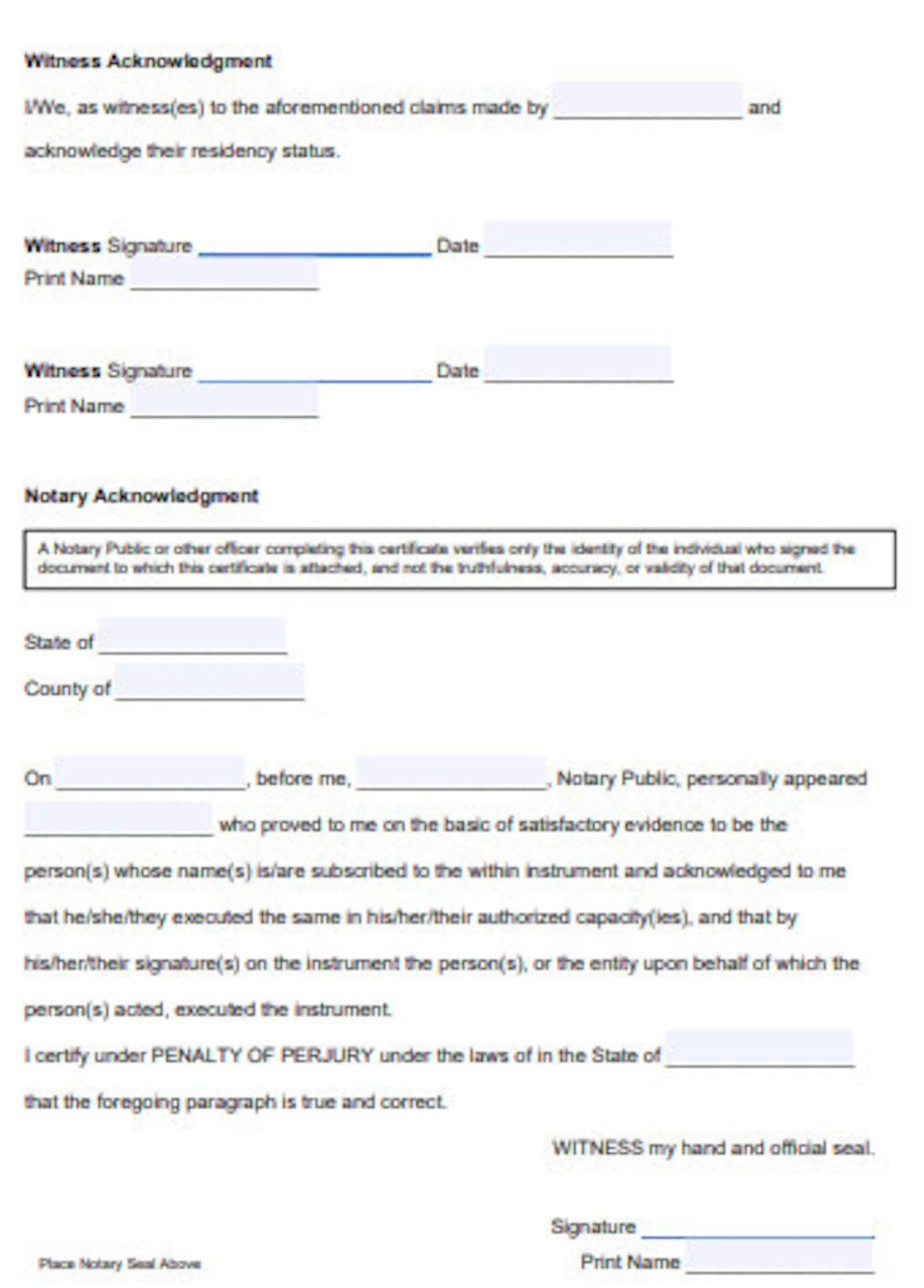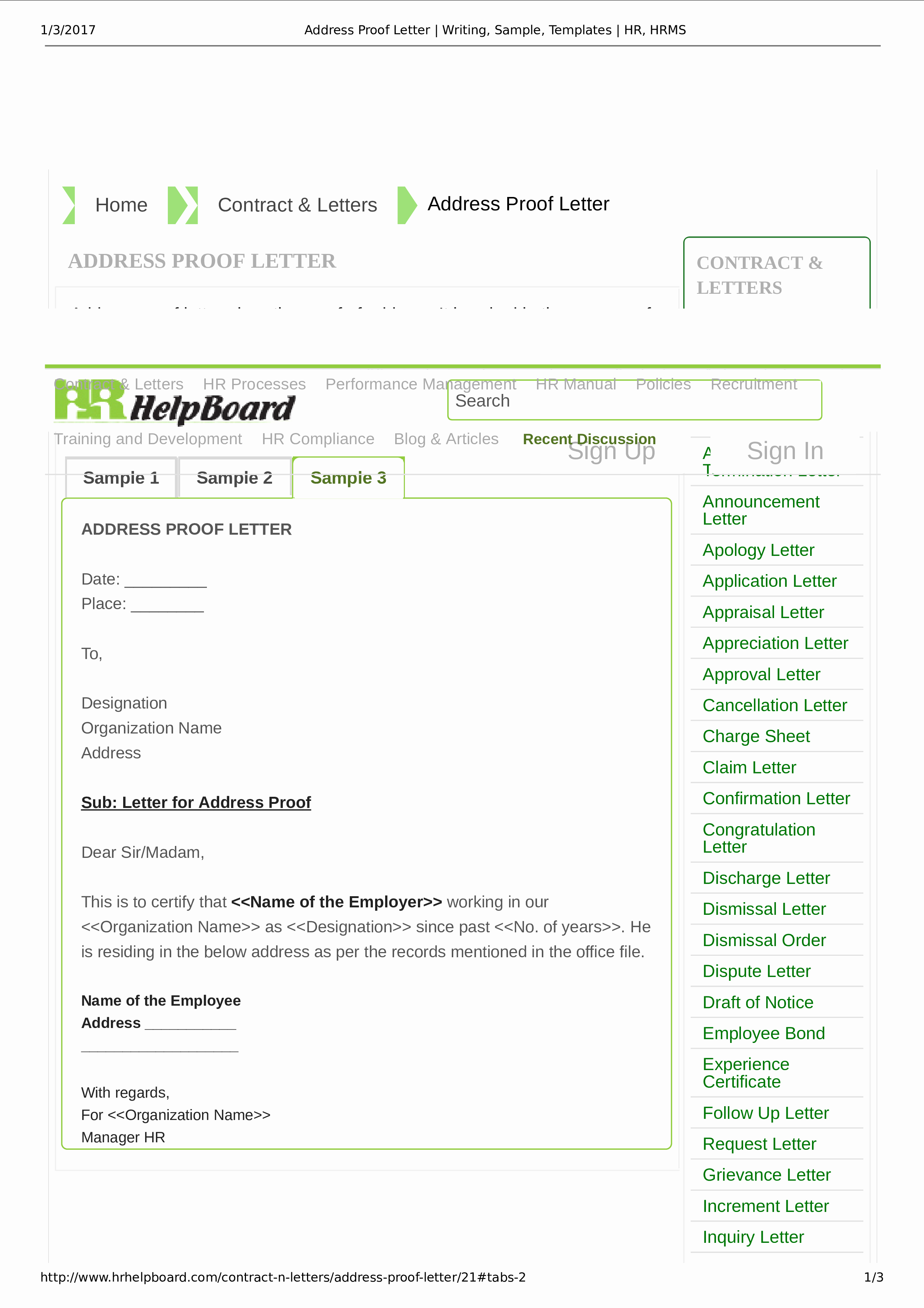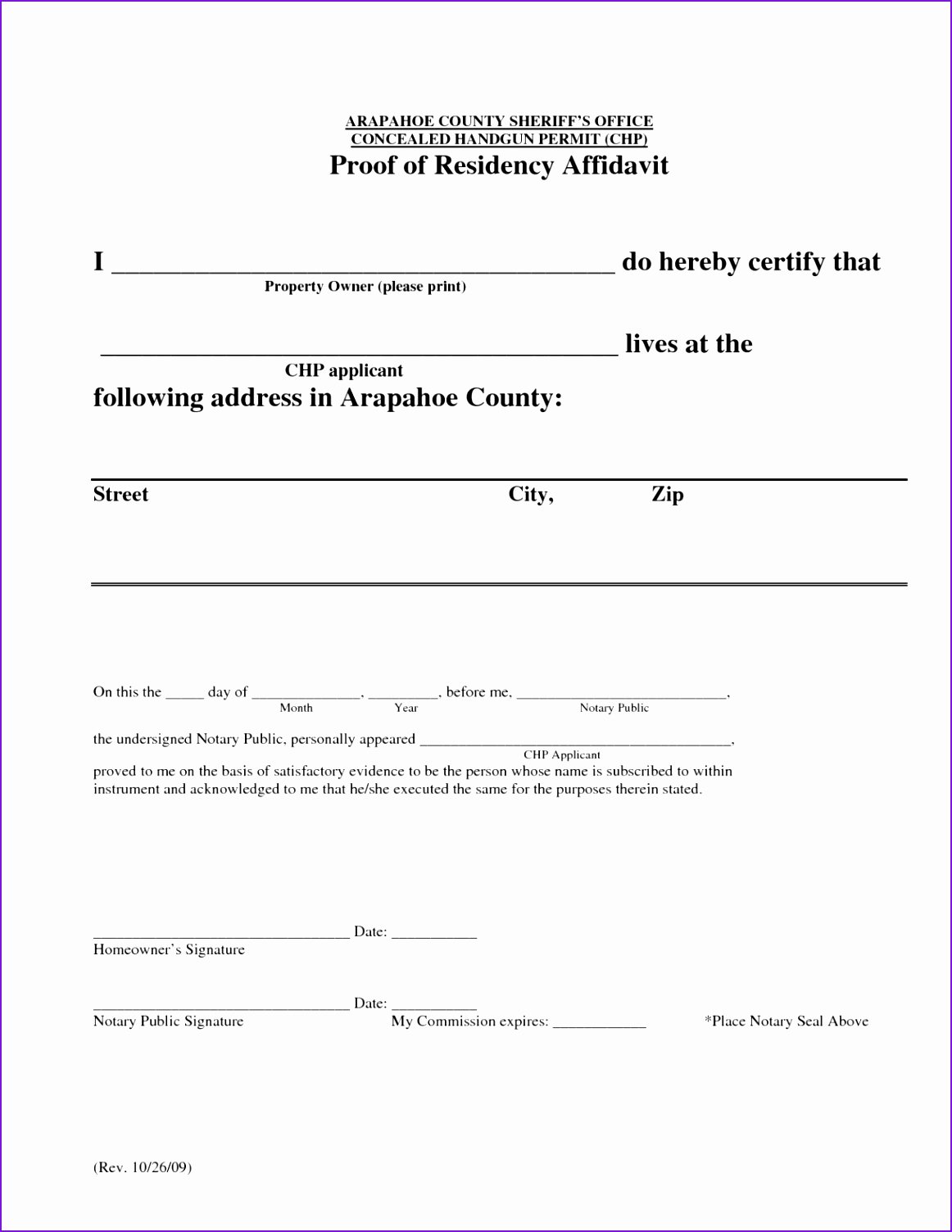
What if I Don’t Have Proof of Residency for the DMV?
An Unexpected Dilemma
Driving down the bustling city streets, I encountered the inevitable traffic jam. As I patiently waited for my turn to move, a thought crossed my mind: “What if I lose my driver’s license and have no proof of residency?” It was a daunting question, especially considering the stringent requirements of the Department of Motor Vehicles (DMV). Determined to find a solution, I set out on a journey to explore the options available to individuals who find themselves in this predicament.
Navigating the Maze of DMV Requirements
Proof of residency is an essential component of obtaining or renewing a driver’s license. This documentation verifies that you reside within the state and have a permanent address. Without it, the DMV may deny your application or require additional verification measures. However, there are various forms of acceptable proof that can alleviate this concern.
Understanding Acceptable Proof of Residency
The DMV accepts a wide range of documents as proof of residency, including:
- Utility bills (electricity, gas, water, trash removal)
- Bank statements
- Mortgage or rental agreement
- Vehicle registration
- Voter registration card
- School enrollment records
- Pay stubs
- Medical bills
- Tax returns
These documents should be current, meaning they have been issued within the past 30 to 60 days. Additionally, they must include your name, address, and the date of issuance. If you do not have any of these documents, you may be able to provide a notarized affidavit from a credible third party who can verify your residency.
Tips for Obtaining Proof of Residency
If you find yourself without proof of residency, there are several steps you can take:
- Check with family and friends: Ask if anyone can provide you with a utility bill or other document that shows your name and address.
- Contact your bank or credit union: Request a recent bank statement that includes your address.
- Visit your local post office: Rent a post office box and have your mail forwarded to it. You can then use the post office box as your proof of residency.
- Get a certified copy of your birth certificate: This document typically includes your parents’ names and address, which can be used as proof of residency.
Expert Advice for Navigating the DMV Maze
Prepare your documents in advance: Gather all necessary documents and ensure they are current and complete. This will expedite the DMV process.
Know your rights: Be aware of your rights and responsibilities when interacting with the DMV. You have the right to request an explanation of any requirements or procedures.
Be patient and persistent: The DMV can be a busy place. Don’t get discouraged if you encounter lines or delays. Stay calm and persistent in presenting your case.
FAQs on Proof of Residency for the DMV
Q: Can I use a photocopied document as proof of residency?
A: No, photocopies are not acceptable. You must provide original documents or certified copies.
Q: What if I am homeless?
A: You may be able to use a letter from a shelter or social service agency to verify your residency.
Q: Can I provide proof of residency from a different state?
A: Yes, but you will need to show proof that you have moved to the current state. This can be done with a change of address form from the post office or a utility bill from your new address.
Conclusion
Obtaining proof of residency for the DMV can be a challenge, but it is certainly not impossible. By researching the acceptable forms of proof and following the tips outlined above, you can confidently navigate the DMV process and secure your driver’s license.
Are you interested in learning more about proof of residency requirements for the DMV? Share your questions or experiences in the comments below.

Image: hamiltonplastering.com

Image: hamiltonplastering.com
Proof Of Residency Letter For Dmv For Your Needs – Letter Template … Here’s a list of documents that are generally accepted as proof of residency without bills: Medical or health card. W-2, 1099, or 1089 tax form from an employer, government, or financial entity for the most recent tax year. Pay stubs. Mail or printed electronic statements from a federal, state, county, or city government agency.